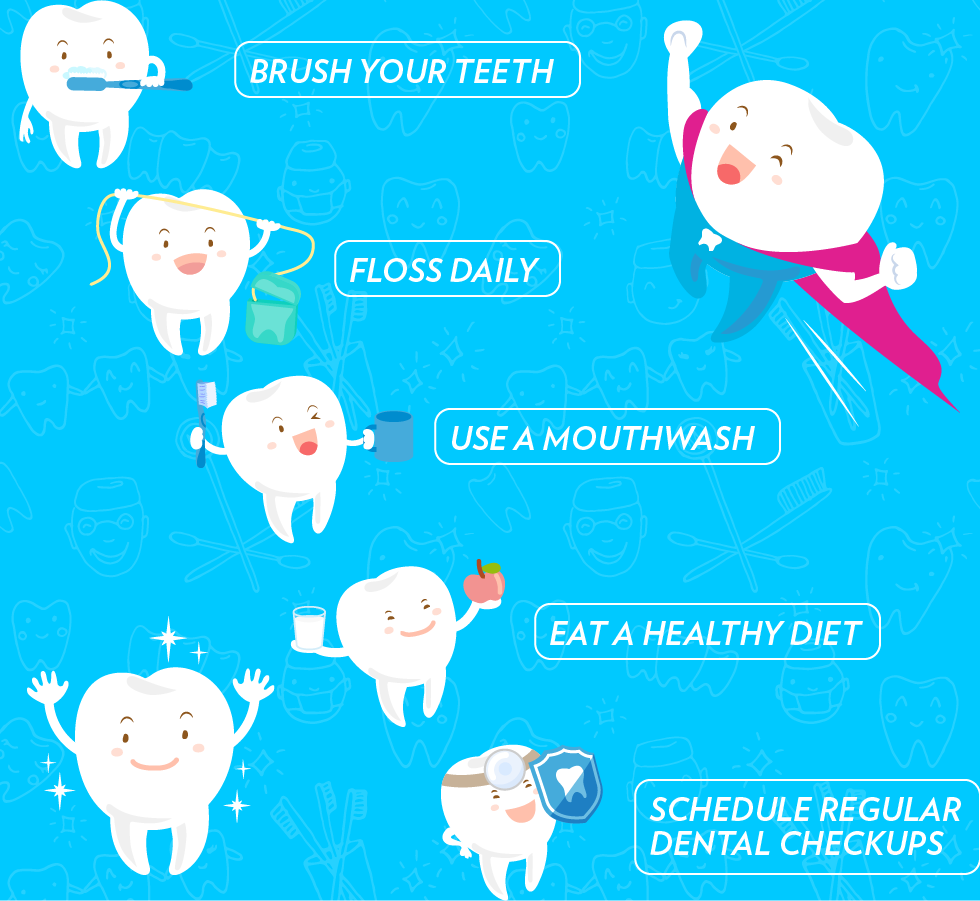
Oral Hygiene: The Key to a Radiant Smile
Maintaining good oral hygiene is crucial for not only a dazzling smile but also for overall health. From preventing cavities to keeping gum disease at bay, proper oral care practices can go a long way in ensuring your teeth and gums stay healthy for years to come. Let’s delve into some essential tips and tricks for achieving optimal oral hygiene.
1. Brushing Techniques: The Foundation of Oral Care
Brushing your teeth at least twice a day is the cornerstone of any oral hygiene routine. However, it’s not just about how often you brush but also about the technique you use. Make sure to use a soft-bristled toothbrush and gentle, circular motions to clean all surfaces of your teeth thoroughly. Pay special attention to the gum line and hard-to-reach areas at the back of your mouth.
2. Flossing: Where Toothbrushes Can’t Reach
While brushing is essential, it’s not always enough to remove food particles and plaque from between your teeth. That’s where flossing comes in. Flossing helps clean the spaces between your teeth and along the gum line, where toothbrush bristles can’t reach. Incorporate flossing into your daily routine to ensure comprehensive plaque removal and prevent gum disease and tooth decay.
3. Mouthwash: An Extra Boost of Freshness
Using mouthwash as part of your oral care routine can provide an extra layer of protection against bacteria and bad breath. Look for an alcohol-free mouthwash that contains fluoride to help strengthen tooth enamel and prevent cavities. Swish the mouthwash around your mouth for about 30 seconds after brushing and flossing to reach areas that may have been missed.
4. Healthy Diet: Fueling Your Smile from Within
What you eat plays a significant role in your oral health. A diet rich in fruits, vegetables, lean proteins, and dairy products provides essential nutrients that promote strong teeth and gums. Limiting sugary and acidic foods and beverages can help prevent tooth decay and erosion. Remember, a balanced diet not only benefits your overall health but also contributes to a radiant smile.
5. Regular Dental Checkups: The Importance of Professional Care
Even with diligent oral care at home, regular visits to the dentist are crucial for maintaining optimal oral health. Your dentist can identify any potential issues early on, such as cavities, gum disease, or oral cancer, and provide appropriate treatment. Additionally, professional cleanings help remove stubborn plaque and tartar buildup that brushing and flossing alone may miss.
6. Avoiding Bad Habits: Protecting Your Smile
Certain habits can wreak havoc on your oral health. Avoid smoking and using tobacco products, as they not only stain your teeth but also increase your risk of gum disease, tooth loss, and oral cancer. Similarly, limit your intake of alcohol and sugary beverages, which can contribute to tooth decay and erosion. By steering clear of these habits, you’ll be better able to maintain a healthy, beautiful smile.
7. Protecting Your Enamel: Handling Teeth with Care
Tooth enamel is the hard outer layer that protects your teeth from decay and damage. However, it can be worn down over time by acidic foods and beverages, aggressive brushing, and teeth grinding. To preserve your enamel, practice gentle brushing techniques, wear a mouthguard if you grind your teeth at night, and be mindful of what you eat and drink.
8. Teaching Good Habits: Instilling Oral Hygiene in Children
Instilling good oral hygiene habits in children from a young age sets the foundation for a lifetime of healthy smiles. Teach them the importance of brushing and flossing regularly, and lead by example by practicing good oral care yourself. Regular dental checkups for children are also essential for monitoring their oral development and addressing any issues early on.
9. Special Considerations: Oral Health for Seniors
As we age, our oral health needs may change. Seniors may be more prone to conditions such as gum disease, dry mouth, and oral cancer. It’s essential for older adults to continue practicing good oral hygiene habits and to visit the dentist regularly for checkups and cleanings. Additionally, discuss any concerns or medications with your dentist, as they may affect your oral health.
10. Consistency is Key: Making Oral Hygiene a Habit
Achieving and maintaining good oral hygiene requires consistency and commitment. Make it a habit to brush your teeth twice a day, floss daily, and visit the dentist regularly. By incorporating these practices into your daily routine and making oral health a priority, you’ll be well on your way to a lifetime of healthy smiles. Read more about good oral hygiene
